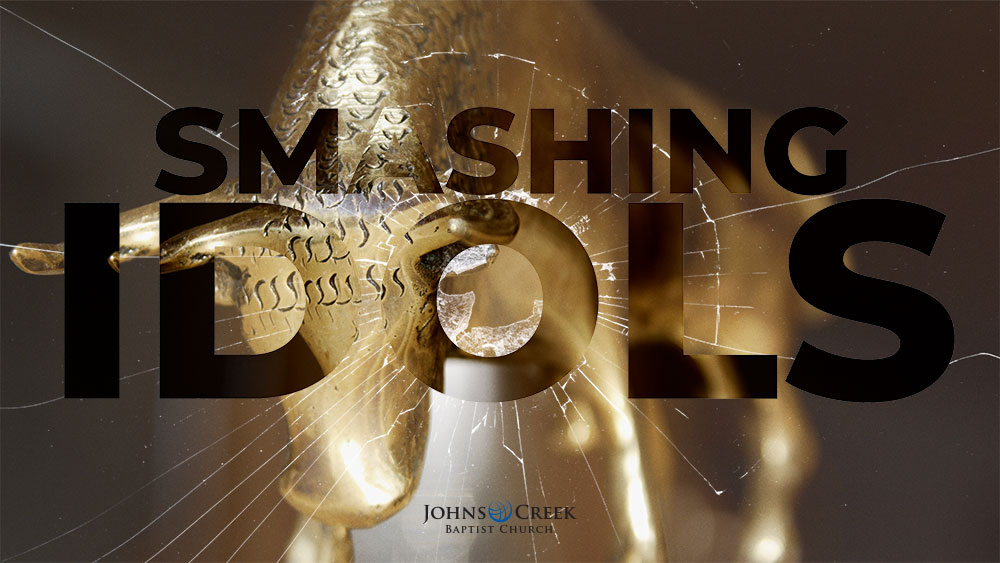It’s been said that January 21st is one of the most demoralizing days of the year for many. Not only is it about the time credit card bills arrive – reflecting all that Christmas season spending – but it’s also about the time most of our New Year’s Resolutions derail. Sound about right?
This year, instead of resolving to change something in our lives, perhaps we should try doing the work of forming new habits. There’s a difference.
Why is this important?
Oh, for so many reasons. Strengthening and deepening our faith lives, improving our family financial picture and commitments (be on the lookout for the next Financial Peace University session!), bettering our relationships, and paying attention to our health and wellness require more than a resolution – they require new habits and habitual practice.
Moreover, in our Shared Life at JCBC, if we really are going to be a WITNESS to the world or if we are truly going to be THAT KIND OF CHURCH, it’s likely some new habits need to be formed.
In our current preaching series – Vision 2020 – we are taking a good hard look at our FUTURE by bringing faith into focus for this new year and, in the weeks ahead, we are going to be taking a good hard look at OURSELVES (and why we do the things we do!). I can almost guarantee that most of us will walk away understanding that some things need to change. New habits will be required.
Ok. But, how do we form new habits?
Good question. If you already have a tried and true, new habit forming methodology – great! Take it down, dust it off, and hit the “ON” button. If not, try this simple formula:
When this happens (the trigger), instead of (old habit), I will (new, desired habit).
It’s simple. But, it’s not easy. Let’s break it down – starting in the middle:
Step One: Identify and NAME the old habit you’d like to change. Be specific. Write it down.
Step Two: Identify the “trigger” that normally leads to the old habit. It might be a situation, a context or location, an interaction with a person, a decision point, or anything that necessitates a reaction, response or action in your life. What happens immediately before you normally default to the old habit? Be specific. Write it down.
Step Three: Identify and NAME the new habit – the reaction, response or action – that you have decided to form. Be specific. Write it down.
Step Four and THE KEY: Establish a “micro-habit” – one that you can accomplish in 60 seconds or less – that will likely lead to the new habit you have decided to form. Be specific. Write it down.
As an example, I ravenously consume – I mean, like I’ll never have another chance! – the doughnuts that some kind, generous doughnut fairy leaves in the staff breakroom every Friday (old habit I’d like to change). Every Friday morning, when I go in to the break room to grab a cup of coffee, there sits the big Sarah’s Doughnuts box filled with a beautiful assortment of delectable delights in all its glory (the trigger). I want to “just say no” (new habit I’ve decided to form). When I can’t muster the strength to just walk out – when I’m oh so tempted – I simply refuse to open the box and reach inside for at least 60 seconds. During that seemingly eternal one minute, I can usually remind and convince myself to turn and walk away (micro-habit leading to the new habit I hope to form).
Give it a try.
We’ll have more to say about forming new habits AFTER the Me, Myself and Why? sermon series, but for now…
Happy New Year and Happy New Habits!


